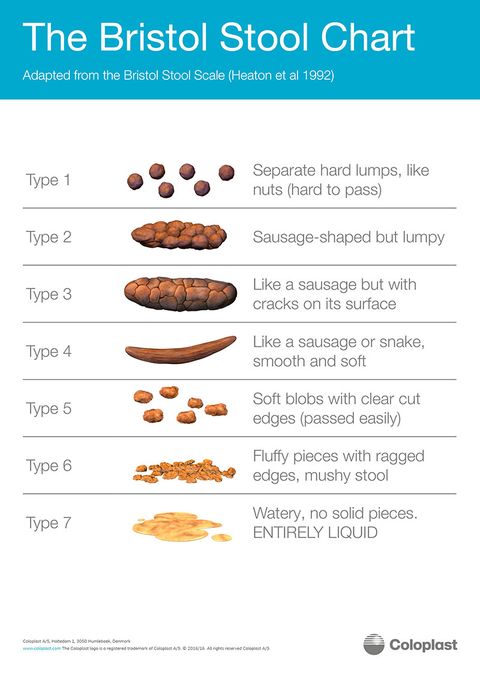
The school year is upon us and whether the kids have already started or are going back after Labor Day, our daily routines are changing. And even though this means schedules are becoming more regular, it’s a common time of year when kids start to become anything but.
Today we are talking poop. Or more precisely, the lack of. Constipation is a troublesome issue that can plague parents year-round but especially in the fall. Why? Changes to routine, changes to diet, issues with withholding and stress.
For most families, kids’ routines are completely shifted once summer rolls around, whether it be from vacations, staying up later at night or a different schedule due to things like camp. While all of these are wonderful, our body is a machine and it likes to know what to expect and if sleep and eating get thrown off, so do bowel movements. So, kids’ digestive systems may already be out of slightly out of whack due to the summer shenanigans which can make getting back on a regular pooping routine a bit harder.
Withholding is another issue that can arise in the fall as kids may ignore the urge to use the bathroom due to things like the excitement of playing with friends or not wanting to use the more public toilets at school. It’s hard to poop at school! There can be such an embarrassing stigma around pooping that it fosters an uncomfortable (in more ways than one) environment to use the bathroom when you aren’t in the privacy of your own home.
Then there is stress.
I could write pages and pages about the effects that stress has in so many of the clients I see. And especially the stress that happens in those little digestive tracts! Our gut has nerves and the enteric (intestinal) nervous system is also known as our second brain. The two organs (brain and gut) are in constant communication so this means when our brain is stressed, our gut feels it. When our bodies are under any type of stress, it can cause spasms in our gut. If the spasms are widespread, it can cause diarrhea but if they are only happening in one area, they cause constipation. Why your kid is more prone to stress-belly-constipation or stress-belly-diarrhea has more to do with what their normal default is (i.e. are they a kid that defaults towards constipation or diarrhea).
And stress can be due to so many things. There is the stress that comes with starting a new routine of the school year (especially if you have a kid that doesn’t love school), the stress of the social-emotional issues that can happen during the school day, the stress of not being able to poop in private anymore, the stress that can exist if your child has any learning issues, etc. etc. etc. you get the idea.
What’s a parent to do?
The most important thing is to focus on what you, as the parent, can control. Diet is a big one. Make sure your child is drinking enough water—how much should they get? The rule of thumb is one cup (8oz) for every year of age up to 64 oz (or age 8). For example, a two year old should take in two cups a day, a three year old should drink three cups, etc. The other component is fiber. The best sources are whole grains (make sure things like bread don’t just say “wheat” but say “whole wheat”—you need that “whole”!), lentils, beans, nuts, fruits (especially berries, apples, pears—but keep the skin on) and all the vegetables. Some foods that can make constipation worse are sugar, dairy, overly processed foods, and high fat (fried) foods, so try as much as possible to limit these in your kids’ diets, always, but especially in the beginning of the school year until they settle into their new routine.
If your child needs more immediate relief, you can try these:
– Increase the water and fiber (if you haven’t done so already)
– Flax oil (up to 1 tablespoon/day) or ground flaxseed (1-2 tablespoons)
– A daily probiotic, not only for digestive issues but also for overall immune health
And then check your kids against this chart:
My poor kids have seen this picture more times than they probably care for, but it’s important to teach them young to monitor what goes on in the toilet and not to be embarrassed by it. For reference, types 3 and 4 are what we are looking for.
Hopefully once the school year is underway, any digestive distress your child is combatting will disappear, but it’s always a good idea to periodically check in with your kid to see how their intestinal health is going—after all it’s your body’s daily report card!











